# apnokaca
12 posts in `apnokaca` tag

Breaking News: Income Tax Return (ITR) Filing Deadline for AY 2025-26 Extended to September 15, 2025
The Central Board of Direct Taxes (CBDT) has announced an extension for the filing of Income Tax Returns (ITRs) for Assessment Year (AY) 2025-26. Originally due by July 31, 2025, the deadline has now been extended to September 15, 2025. This decision comes in light of structural and content revisions in the notified ITRs, necessitating additional time for system development and integration, and considering the time required for system readiness. The extension aims to provide taxpayers with a smooth and convenient filing experience, ensuring compliance and accurate reporting

Avoid Penalties: Your Guide to Crypto Taxation in India
The Indian government has established a clear framework for the taxation of Virtual Digital Assets (VDAs) under the Finance Act 2022. This comprehensive guide covers the flat 30% tax on VDA gains, the 1% TDS on transactions, strict rules regarding loss set-off and carry forward, and other taxable scenarios like mining, staking, and gifts. It also provides a step-by-step approach to filing crypto taxes in India, emphasizing the importance of detailed record-keeping and professional assistance to ensure compliance and avoid penalties.
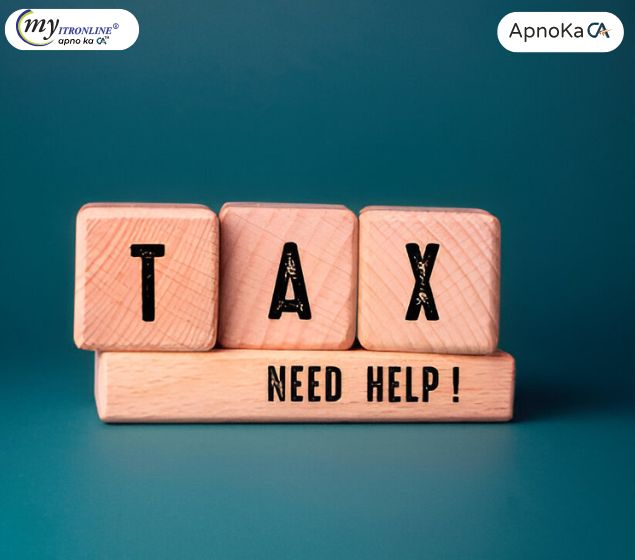
HRA in the New Tax Regime: What You Must Know to Avoid Notices
This blog demystifies the treatment of House Rent Allowance (HRA) under India's New Tax Regime. It clarifies whether HRA is exempt, outlines its impact on your tax filing process, and provides crucial advice on how to navigate the changes to avoid receiving tax notices. Learn the key differences from the old regime and ensure your tax compliance is seamless for the current financial year and beyond.
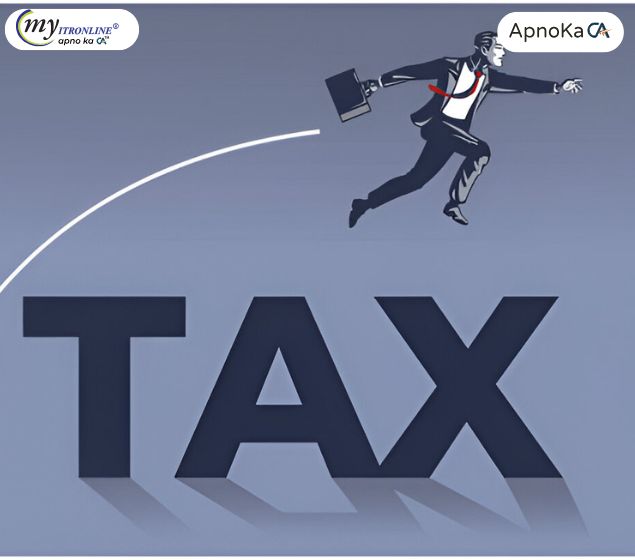
Rectify Your ITR: Claim Forgotten Section 80C Deductions and Avoid Penalties
This blog post provides a comprehensive guide for taxpayers who have missed claiming eligible deductions under Section 80C of the Income Tax Act, 1961, in their original Income Tax Return (ITR). It explains the importance of Section 80C, the concept of a Revised ITR, and offers a detailed step-by-step process for filing a revised return online. The article also emphasizes the significance of adhering to deadlines to avoid penalties and provides essential tips for a smooth filing experience, ensuring taxpayers can reclaim their rightful tax benefits
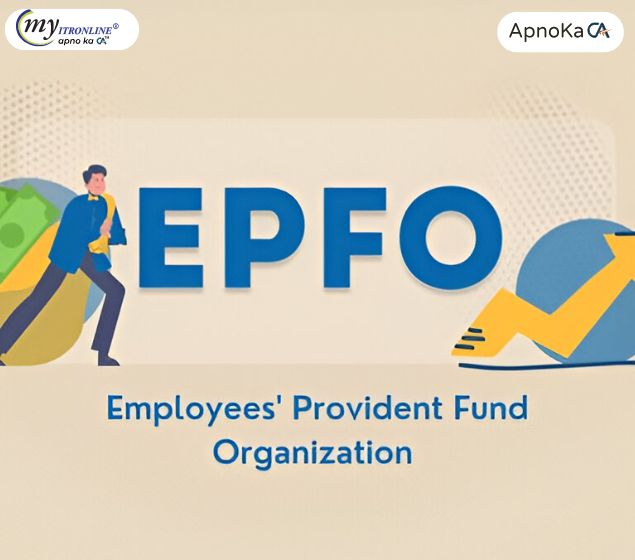
EPFO’s New Rules in 2025: 4 Game-Changing Updates
In 2025, EPFO rolled out 4 major reforms to modernize and simplify the Provident Fund system. These include a digital joint declaration system, simplified profile updates, auto PF transfers, and centralized pension payments. Learn how these changes benefit both employees and pensioners.
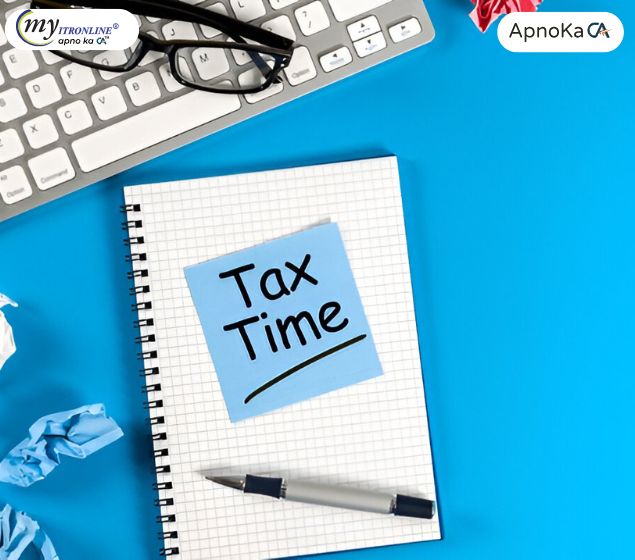
19 Lakh Salary? Here's How to Pay ZERO Income Tax in the New Regime
This blog delves into the strategic methods allowing salaried professionals to pay nil income tax on a ₹19 lakh annual salary under India's New Tax Regime (effective FY 2024-25). It outlines how leveraging increased basic exemption limits, the enhanced Section 87A rebate, standard deductions, employer's NPS contributions, and smart flexi-pay salary structuring can lead to a tax-free income, complete with illustrative calculations and actionable steps.

Double Your Benefits: Utilize Sections 80C & 80D Simultaneously to Enhance Your Tax Savings
This blog explores how Indian taxpayers can maximise their income tax savings by leveraging both Section 80C and Section 80D of the Income Tax Act. While Section 80C focuses on investments and expenses like PPF, ELSS, and home loan principal repayment, Section 80D offers deductions on health insurance premiums and preventive health check-ups. By using these sections together, taxpayers can claim deductions up to ₹2,00,000 annually. The blog explains eligibility, deduction limits, strategic planning tips, and helps readers choose between the old and new tax regimes for optimal tax benefits.

12A Registration Made Easy: Latest Online Guidelines for Indian NGOs
For non-profit organizations, charitable trusts, and societies in India, securing 12A registration is vital for income tax exemption. With the Indian government's move towards digital governance, the 12A registration process has undergone significant updates. This blog post provides a detailed look at the latest guidelines, including mandatory online filing via Form 10A/10AB, the requirement for re-registration for existing entities, the new 5-year validity period, and essential steps to ensure a smooth, compliant experience for your organization.
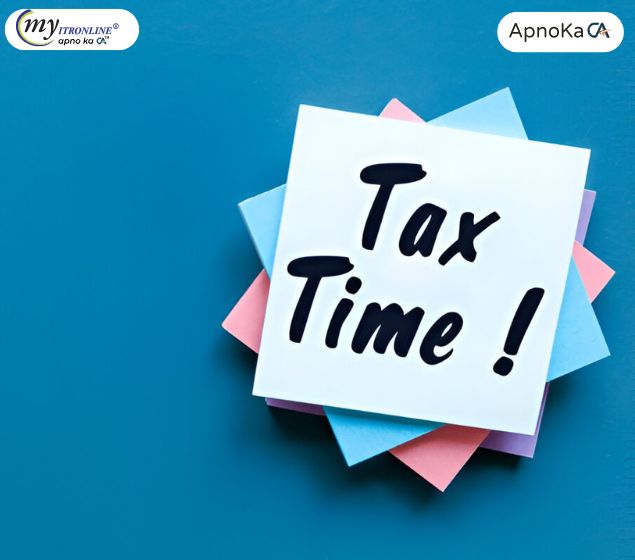
Section 44ADA Explained: Presumptive Taxation Benefits for Self-Employed
This comprehensive guide delves into Section 44ADA of the Income Tax Act, 1961, offering a simplified "presumptive taxation" scheme for eligible self-employed professionals. Discover who qualifies, how to calculate your taxable income at a minimum of 50% of gross receipts, and the significant benefits like exemption from detailed bookkeeping and tax audits. Learn about crucial compliance aspects, including advance tax and the increased ₹75 Lakhs gross receipts limit, to make informed decisions for smarter tax planning and effortless compliance.
.jpg)
Don't Miss Out! Maximize Section 87A & Claim Every Deduction in Your FY 2024-25 ITR
Maximize your savings and simplify your ITR filing for FY 2024-25! Discover how to effectively utilize the Section 87A rebate and navigate the complexities of deductions under both the old and new tax regimes. This essential guide empowers you to make informed choices, accurately claim every eligible deduction, and confidently file your ITR to prevent any unwelcome tax notices.
.jpg)
The New Tax Regime Advantage? Standard Deduction Changes for FY 2024-25 Explained
Grasping the concept of standard deduction is essential for every salaried person in India. Following the recent updates in the Union Budget 2024, the framework for standard deduction has changed, particularly within the new tax framework. This comprehensive guide clarifies what standard deduction entails, the updated limits for both regimes, eligibility criteria, advantages, and practical illustrations.
.jpg)
Got an Income Tax Notice? A Salaried Professional's Definitive Guide
Receiving an income tax notification can be intimidating, especially for salaried professionals. This comprehensive guide demystifies the reasons behind income tax notices in India, detailing common types (like 143(1), 139(9), 143(2), 148, and 156) and providing a step-by-step approach on how to respond effectively. Learn about discrepancies in income/TDS, defective returns, high-value transactions, and best practices to prevent such communications.
